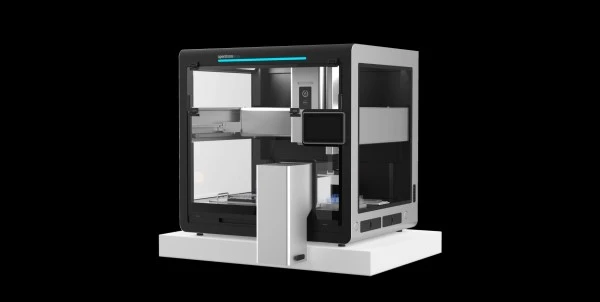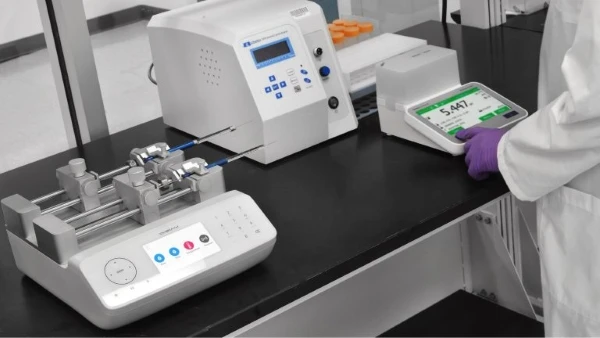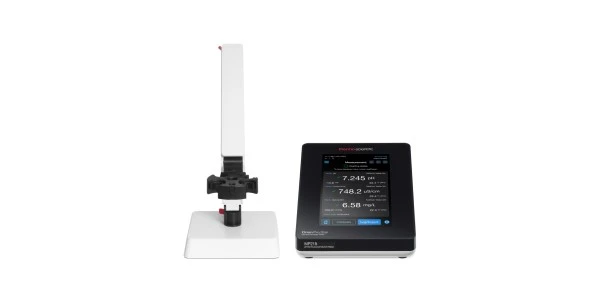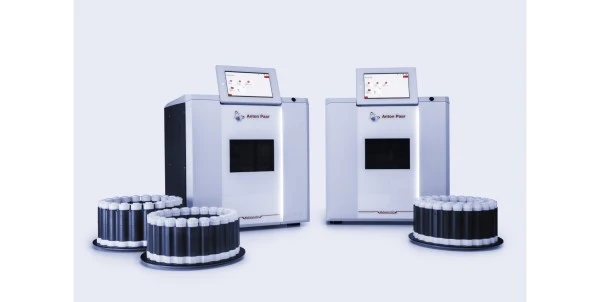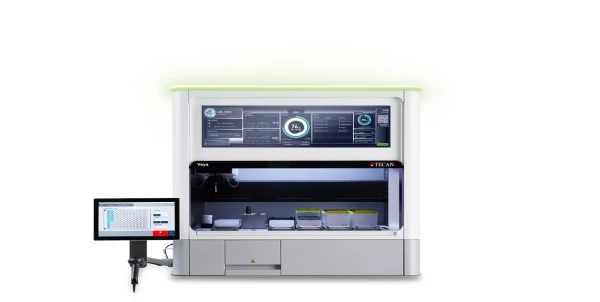
Introducing the Stellar™ Mass Spectrometer to Advance Clinical Research
The new mass spectrometer combines speed and sensitivity to advance precision medicine
Thermo Fisher Scientific Inc. (NYSE: TMO), a global leader in scientific services, has introduced the Thermo Scientific™ Stellar™ mass spectrometer (MS), designed to enhance translational omics research. This new mass spectrometer offers fast throughput, high sensitivity, and user-friendly operation, enabling researchers to make breakthrough discoveries more efficiently.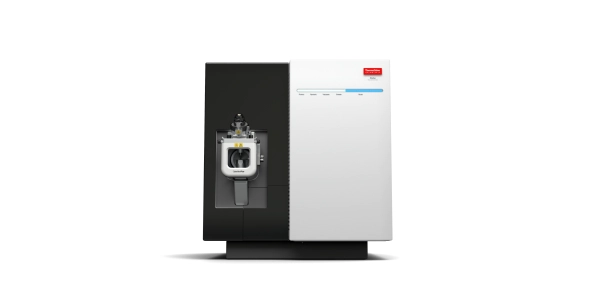
The Stellar MS is pivotal in translational research, transforming basic scientific discoveries into clinical applications to improve human health. It excels in verifying proteins and metabolites of clinical importance. Working alongside the Thermo Scientific Orbitrap™ Astral™ MS, the Stellar MS completes the translational research workflow by verifying key biomarkers, including peptides, metabolites, and lipids, initially discovered by the Orbitrap Astral MS.
This advanced workflow is supported by third-party software via the Thermo Scientific Ardia™ platform and high throughput liquid chromatography separation using the Thermo Scientific Vanquish™ Neo UHPLC system with Tandem Direct Injection. This integration significantly reduces workflow creation time from weeks to days, enhancing productivity and speeding up study completion.
The Stellar MS offers a tenfold increase in quantitative sensitivity and can analyze five times more compounds in proteomics, metabolomics, and lipidomics compared to traditional technologies. This advancement allows researchers to achieve greater quantitative productivity and gain insights into a broader range of compounds.
John Lesica, president of chromatography and mass spectrometry at Thermo Fisher Scientific, emphasized that these industry-leading instruments will accelerate precision medicine and bolster translational research. By enabling discoveries and validations at an unprecedented scale, these tools provide deeper biological insights into disease mechanisms, improving clinical research outcomes and the development of personalized therapies more rapidly than ever before.
